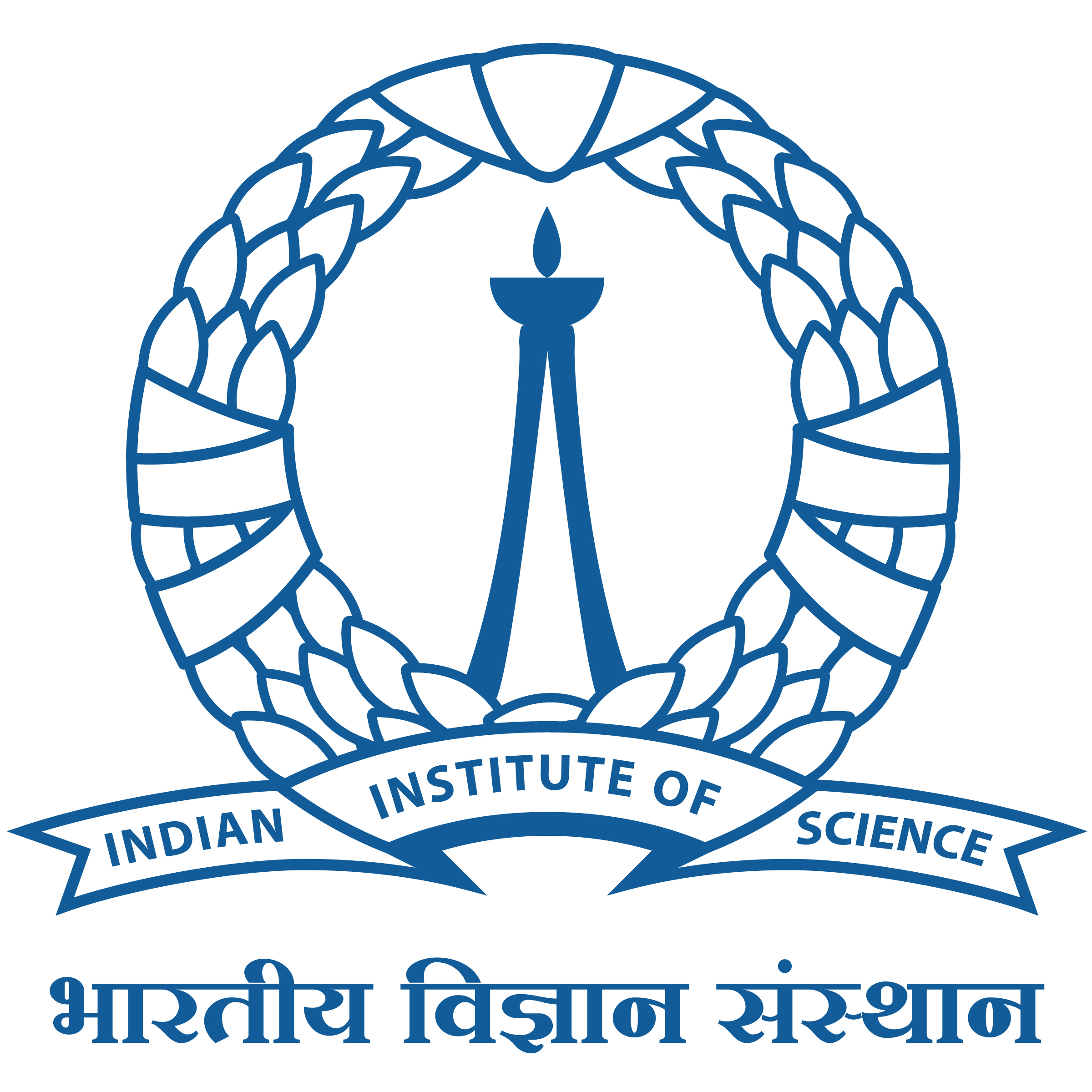
- This event has passed.
BE Seminar on A dual-fluorescent reporter to identify mechanisms regulating the epithelial-to-mesenchymal transition in breast cancer
January 23, 2024 @ 11:00 am - 12:00 pm
Speaker: Prof. Michael Toneff, PhD, Departments of Biology and Biochemistry, Widener University.
Title: A dual-fluorescent reporter to identify mechanisms regulating the epithelial-to-mesenchymal transition in breast cancer.
Abstract: The epithelial-mesenchymal transition (EMT) is a developmental and wound-healing process whereby stationary epithelial cells undergo a reversible phenotypic change to a motile, mesenchymal-like state. EMT can aberrantly occur in carcinoma cells and is strongly linked to therapeutic resistance. Moreover, the ability of carcinoma cells to exhibit plasticity between epithelial and mesenchymal states may be critical for carcinoma cells to adapt to the different stages of metastatic progression. E-cadherin is an effector of the epithelial phenotype, and its expression is lost during EMT. ZEB1 is a transcription factor that promotes EMT via repression of E-cadherin and other epithelial genes. We developed a lentivirus-based, dual-fluorescent reporter that reflects the state of E-cadherin transcription and ZEB1 post-transcriptional regulation by the microRNA 200 family. This dual reporter enables the real-time identification of live cells in an epithelial, mesenchymal, or hybrid state, thus facilitating the study of the dynamic EMT phenomenon. Using this reporter, we identified several compounds that can reverse the mesenchymal phenotypes associated with poor breast cancer outcomes. Furthermore, we have identified epigenetic mechanisms, including DNA methylation and histone acetylation, as potentially critical determinants of complete vs. partial EMT states. In this talk, I will discuss how we have used our reporter to better understand how breast cancer cells achieve aggressive mesenchymal properties and to identify potential therapeutic targets to better treat this deadly disease.
Biography: Dr. Michael Toneff received his BS in Biology at Ohio State University in Columbus, Ohio where he became interested in someday teaching biology to undergraduates and performing cancer research. He moved to Houston, Texas and received his PhD at Baylor College of Medicine (BCM) in the laboratory of Dr. Yi Li, where he studied the hormone dependency of breast cancer initiation. Dr. Toneff was then awarded the NIH-funded IRACDA Postdoctoral Fellowship that combined post-doctoral research with teaching at minority-serving undergraduate institutions. Dr. Toneff joined the laboratory of Dr. Jeffrey Rosen at BCM as an IRACDA fellow. In the Rosen laboratory, he studied the epithelial-mesenchymal transition (EMT) in breast cancer where he developed the Z-cad dual fluorescent reporter to identify the EMT state of live cells. It was during this time that he first identified epigenetic mechanisms as a determinant of EMT states in breast cancer. During this time, he also taught several cell and molecular biology courses at the University of Houston-Downtown. Dr. Toneff is currently an Associate Professor of Biology at Widener University, a primarily undergraduate teaching institution just outside of Philadelphia, Pennsylvania. At Widener, he teaches both introductory and upper division cell and molecular biology courses. Moreover, he has continued to study EMT regulatory mechanisms in collaboration with others, including Dr. Mohit Jolly at IISc, while training undergraduate students in his research laboratory.

